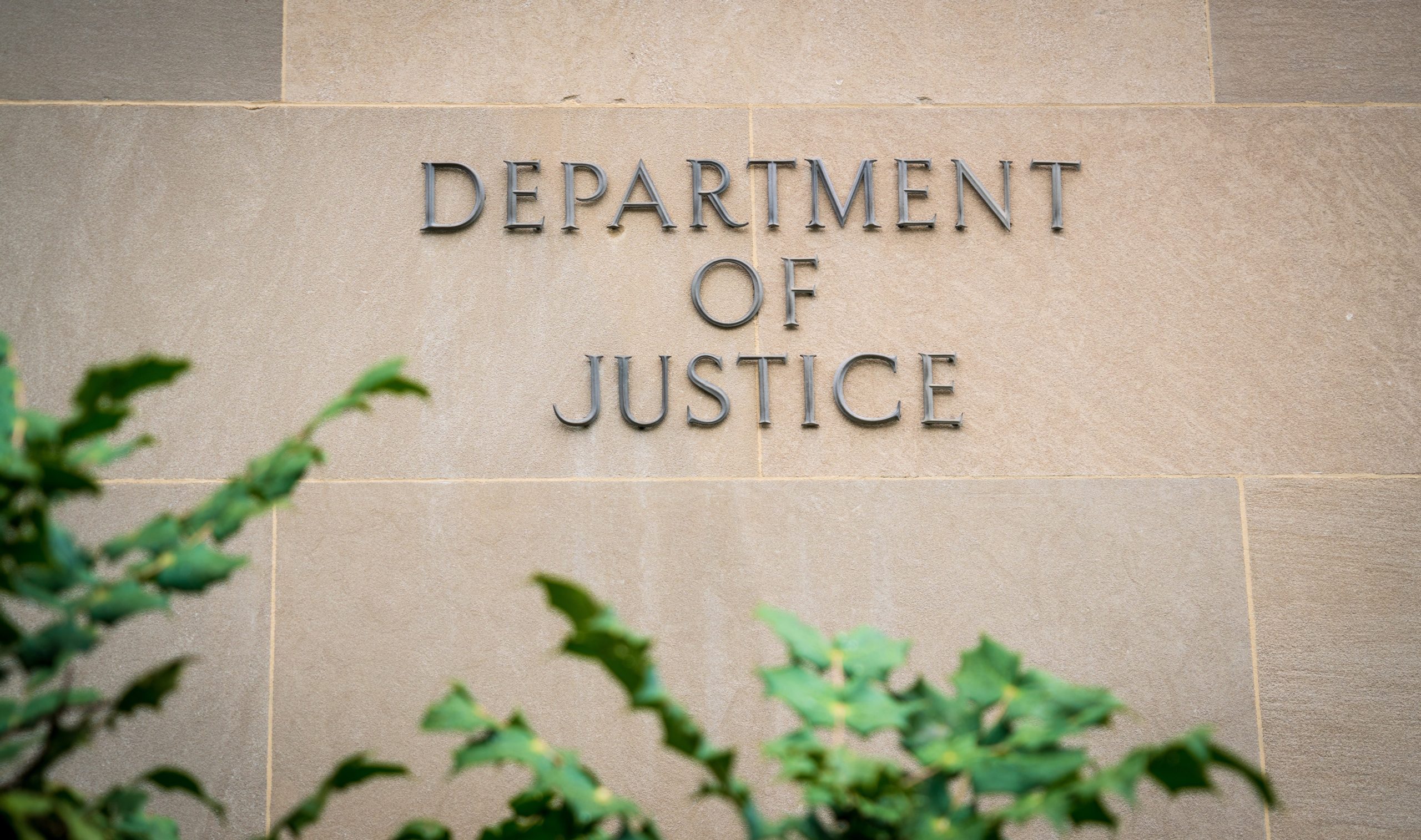Bespoke: Designed to Deliver the Right Expertise
FedArb creates the “best of the best” team to deliver peace of mind to corporations, regulators, and stakeholders on the most complex matters.
Unmatched independence and objectivity
We start with world-class leadership. Then FedArb rigorously selects elite legal and consulting talent to tailored to the specific industry and legal issues of each case. Our flexible approach ensures we’re not beholden to any one law or consulting firm. As the engagement evolves, we can add resources from other organizations to bring in the best talent for any emerging issue.
Top legal minds with national stature
FedArb’s panel includes the largest collection of former Article III judges, as well as former heads of major law firms or their practice groups — with the legal judgment and subject-matter expertise to manage even the most complex monitorships. View our panelists.
Tailored teams with subject-matter experts
FedArb’s monitors select top law and consulting firms to ensure each matter benefits from the right combination of expertise, industry insight and legal experience.
Trusted Oversight. Top Credentials. Better Outcomes.
Most law firms sell their big-name partner, then build an in-house team that often lacks the industry-specific knowledge and practical experience required.
In today’s court of public opinion, it is critical for monitors to be truly independent. Having a FedArb monitor oversee the work of a law firm insulates the Board and the law firm from unjustified claims that the law firm does not want to jeopardize future work by being too tough.
Courts, regulators and companies turn to FedArb for monitors with the stature, independence and judgment to satisfy all constituencies.
Trusted by Courts and Regulators in the Nation’s Most Complex Cases
FedArb has delivered settlement monitoring in high-profile, complex matters of national significance, including:
T-Mobile/Sprint merger

Appointed by the U.S. District Court (D.C.) to oversee T-Mobile’s compliance following its $26B acquisition of Sprint.
Global Growth Conglomerate

Chaired a five-member panel monitoring all corporate actions after legal action by the North Carolina Insurance Commissioner (>$1B in revenue).
Memphis Police Department

Selected by the Mayor to Chair committee seeking reform of the police department.
Microsoft antitrust case

FedArb Board Member Harry J. Saal served as DOJ-appointed Chair of the Technical Committee overseeing Microsoft’s compliance with its antitrust settlement.

In The News
DOJ shifts corporate oversight focus — but effective compliance monitoring still critical. Read more
Decades of Expertise Across a Broad Range of Monitorships
FedArb’s 120+ panelists bring decades of judicial, legal and dispute resolution experience — including extensive backgrounds in federal and state antitrust law.
We advise courts and monitor compliance with
- Consent decrees
- Temporary restraining orders (TROs)
- Injunctions
- Civil or bankruptcy court orders
Our monitorship focus areas include
- Antitrust
- Mass consumer torts
- Bankruptcy
- TROs
Recognized for Excellence by Clients and Counsel
FAQs
A corporate monitor is a neutral third-party appointed by a court or government agency to oversee a company’s compliance with the terms of a legal agreement, such as a settlement, consent decree, or deferred prosecution agreement. Monitors are typically required in cases involving alleged corporate misconduct, antitrust violations, fraud, or regulatory breaches.
Corporate monitors are typically appointed by government agencies or courts as part of a settlement, consent decree or enforcement action. The Department of Justice (DOJ) often leads the process, selecting monitors based on independence, subject-matter expertise, and experience managing complex compliance matters.
Other appointing bodies may include the Securities and Exchange Commission (SEC), Federal Trade Commission (FTC), state attorneys general, and regulators such as the New York State Department of Financial Services (NYSDFS). In some cases, companies may propose monitor candidates, but final approval rests with the overseeing authority.
A court-appointed corporate monitor oversees a company’s compliance with the terms of a settlement, consent decree, or judicial order. Their responsibilities typically include:
- Reviewing and evaluating policies, procedures, and internal controls
- Interviewing employees and conducting audits to assess compliance
- Monitoring corrective actions and remediation efforts
- Making recommendations to improve compliance frameworks
- Submitting regular reports to the court or regulatory agency
- Certifying that the compliance program is reasonably designed and effectively implemented
- Mediating disputes that arise during the oversight period, when appropriate
An effective monitor acts as an independent watchdog — helping ensure lasting compliance and rebuilding institutional credibility.
An independent monitor provides impartial, credible oversight — which is critical to restore trust and ensure compliance. A lack of independence can compromise objectivity, delay remediation, and damage the credibility of the process in the eyes of courts, regulators, and the public.
Corporate monitoring is commonly used in cases involving antitrust violations, mass consumer torts, financial fraud, FCPA violations, and bankruptcy-related compliance matters. It is also applied when companies are subject to consent decrees, TROs, injunctions, or government settlements.
An effective corporate monitor brings a blend of legal, regulatory and industry expertise tailored to the scope of the oversight. Monitors are often former judges, senior litigators, or compliance professionals with a track record of managing complex matters.
Key qualifications include:
- Deep understanding of legal and regulatory frameworks
- Experience conducting sensitive investigations and audits
- Ability to assess and improve compliance programs
- Strong communication skills to engage with courts, regulators, and stakeholders
- Industry-specific knowledge when relevant to the agreement
The right monitor combines independence, credibility and subject-matter expertise to ensure lasting results.
Yes. Experienced monitors, especially those with judicial or mediation backgrounds, can identify and resolve conflicts before they escalate. This proactive dispute resolution helps avoid delays, reduces litigation costs, and keeps the compliance process on track.
It depends on the complexity of the case, the agency overseeing the appointment and the terms of the legal agreement. Many can last upwards of 36 months, some can take even longer. Duration may be extended or shortened based on the company’s progress and the monitor’s assessment.
A DOJ-appointed monitor is selected as part of a deferred or non-prosecution agreement negotiated with the Department of Justice. A court-appointed monitor is named by a judge, typically to enforce compliance with a consent decree or court order. Both play similar roles but operate under different authorities.
The monitor is paid for by the company being overseen.
FedArb is trusted by courts, regulators, and the DOJ because of its unmatched bench of more than 150 former Article III judges and legal leaders. We build custom teams tailored to each matter, ensuring independent oversight, subject-matter expertise, and flawless execution in even the most complex cases.
 650.328.9500
650.328.9500









